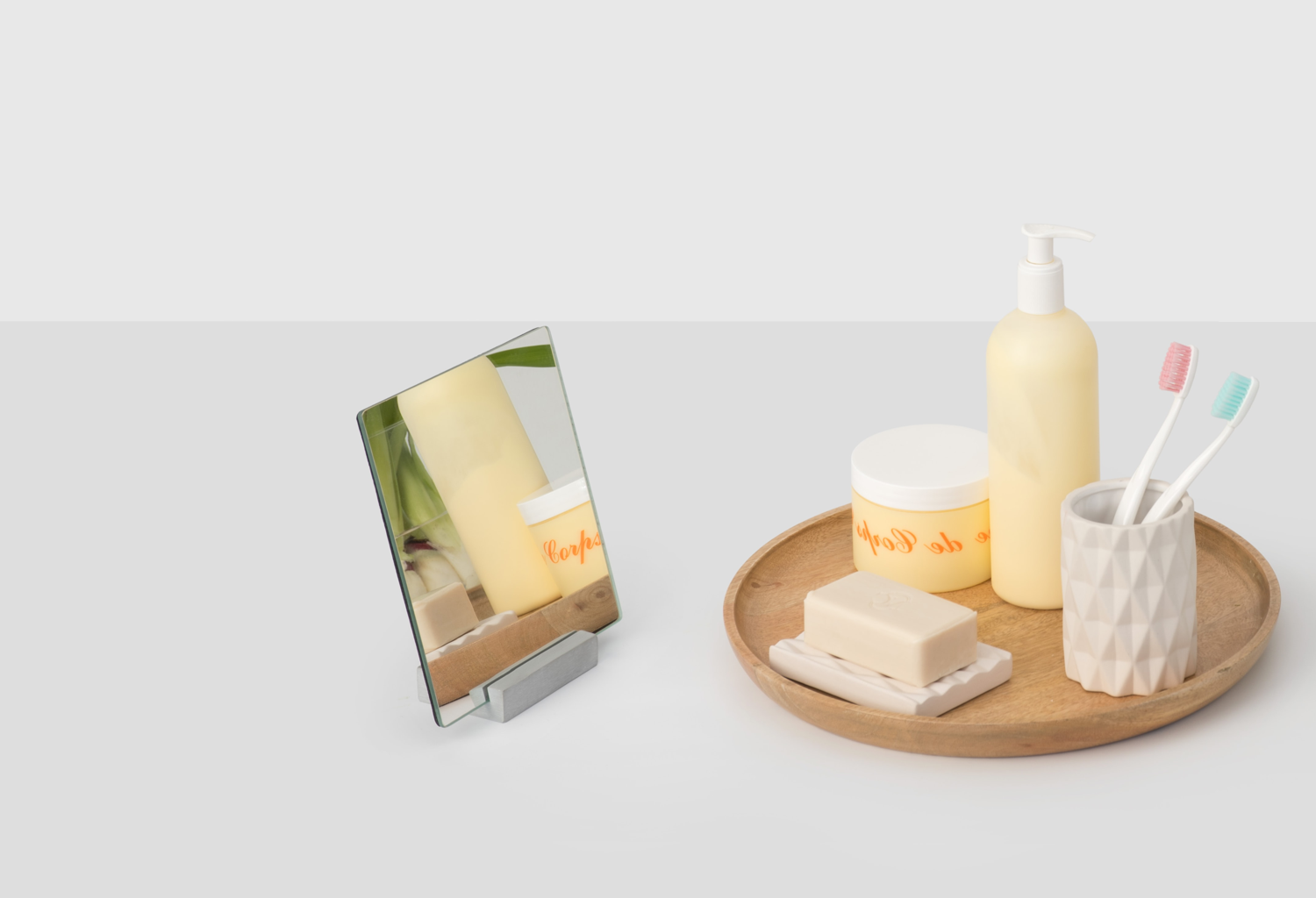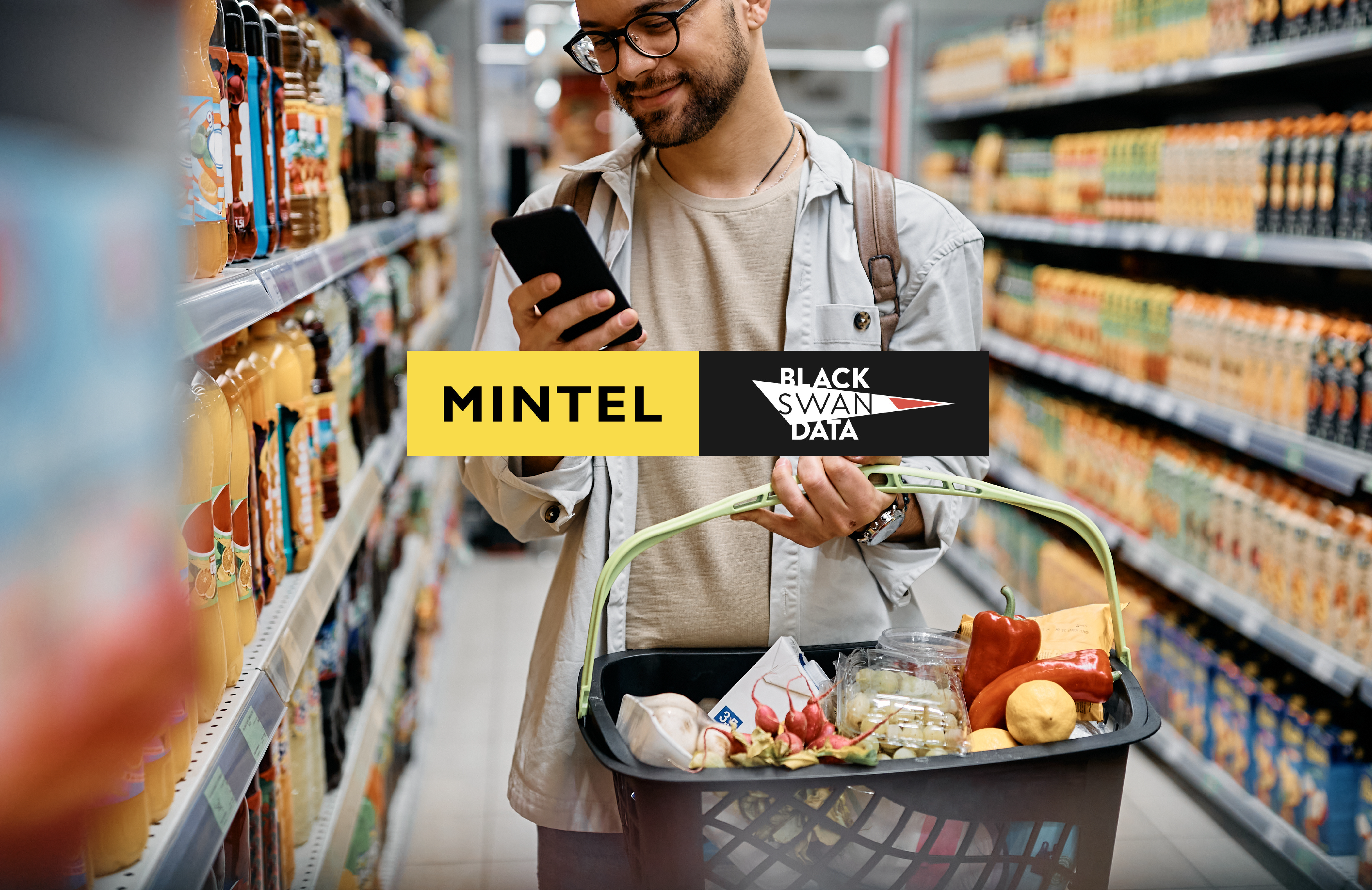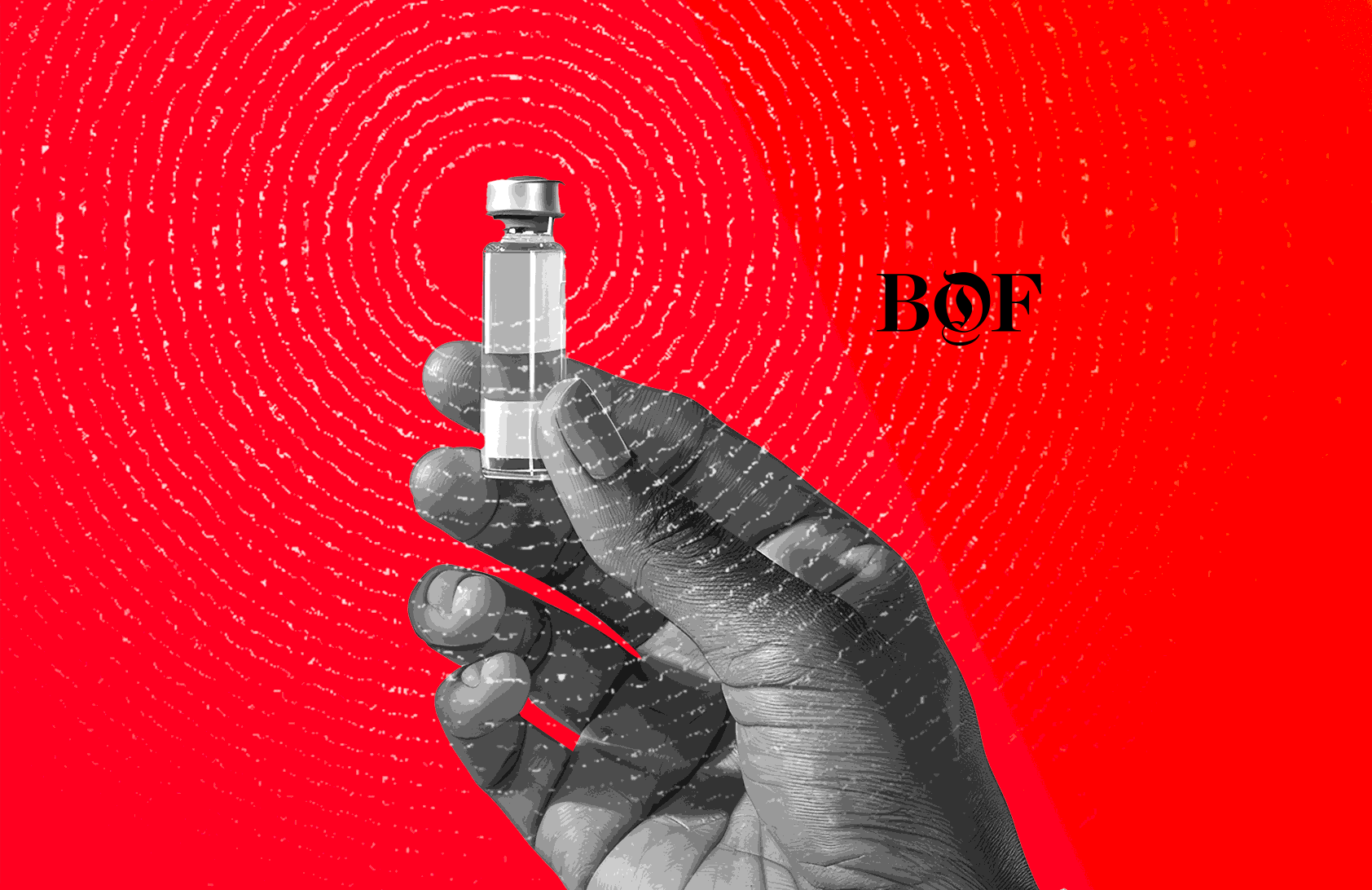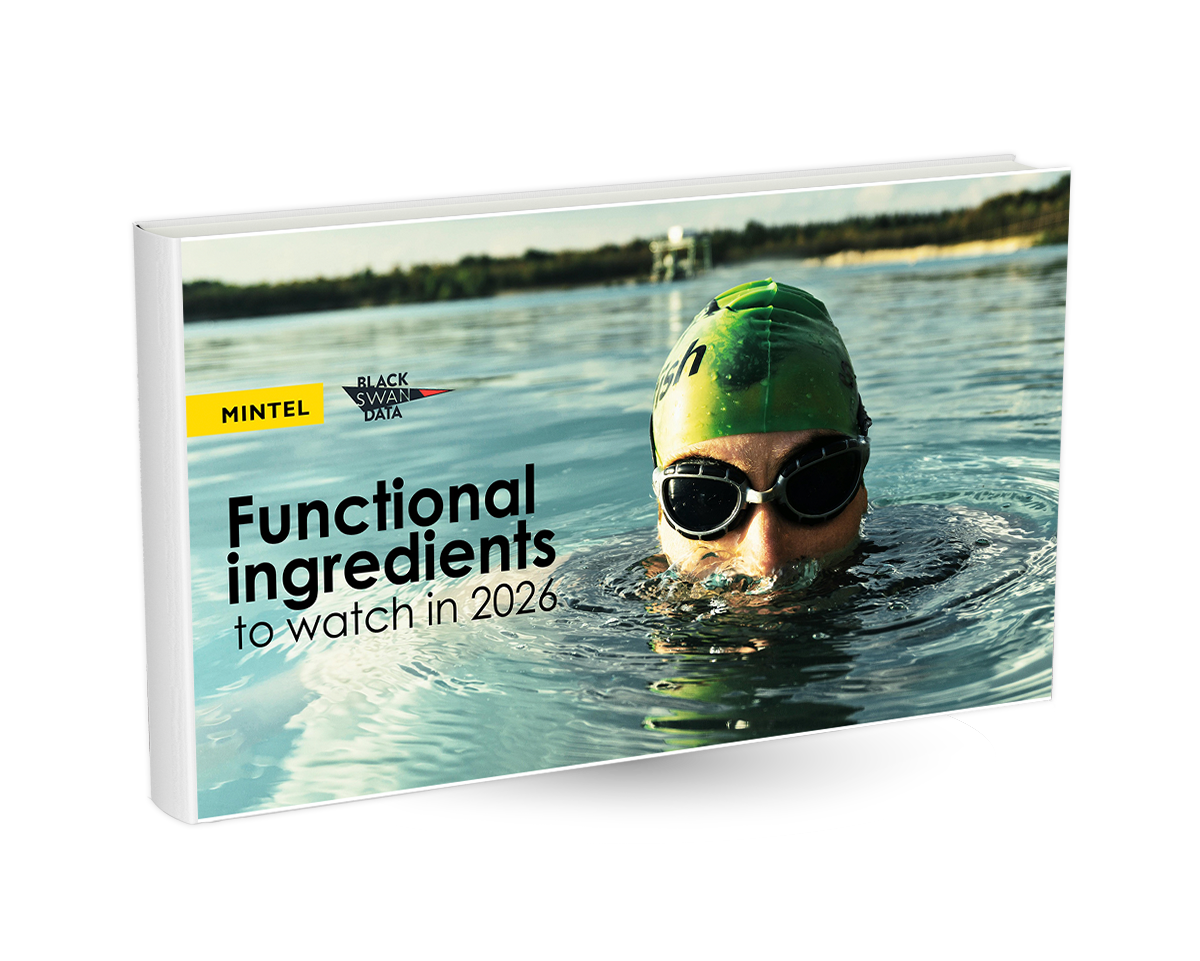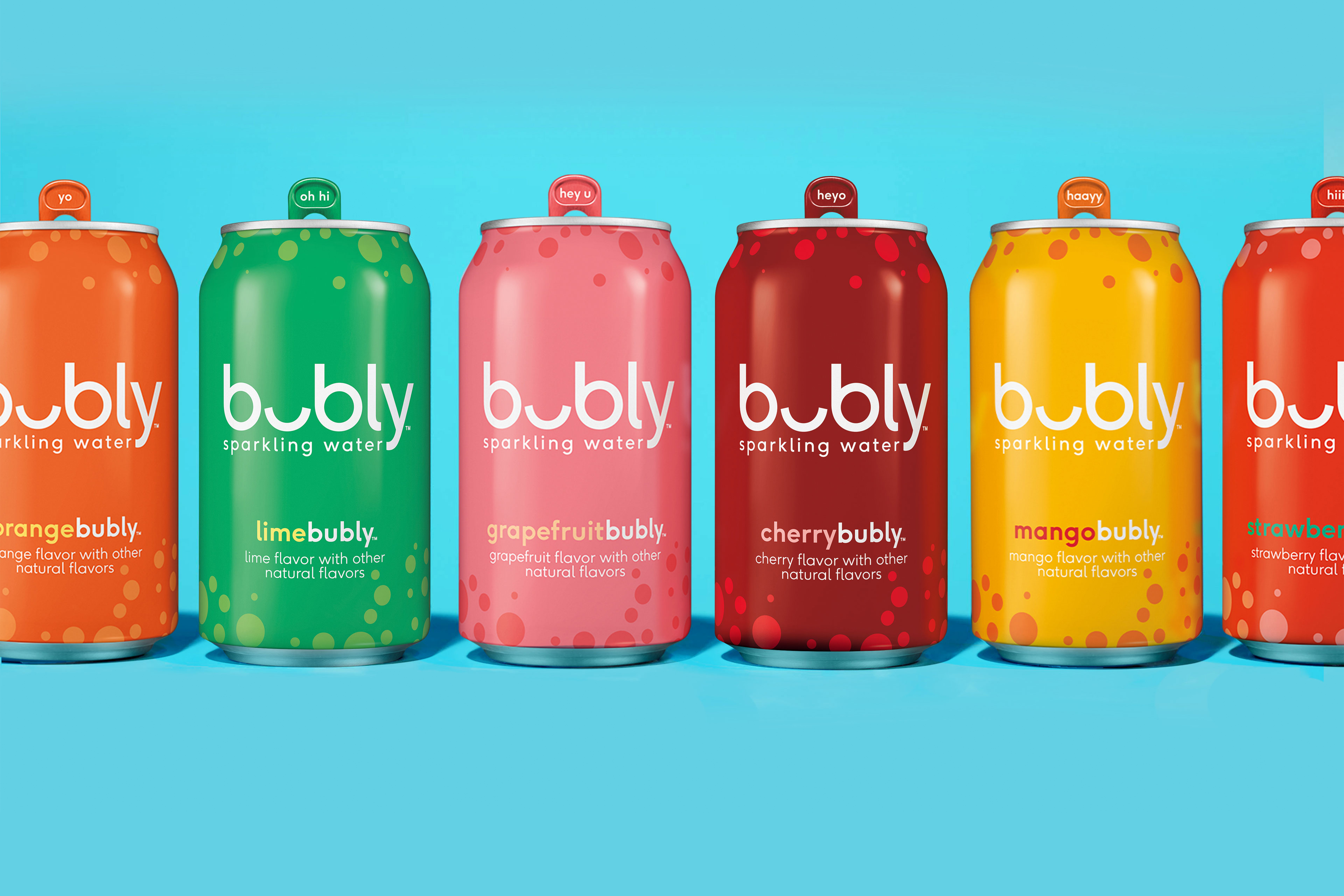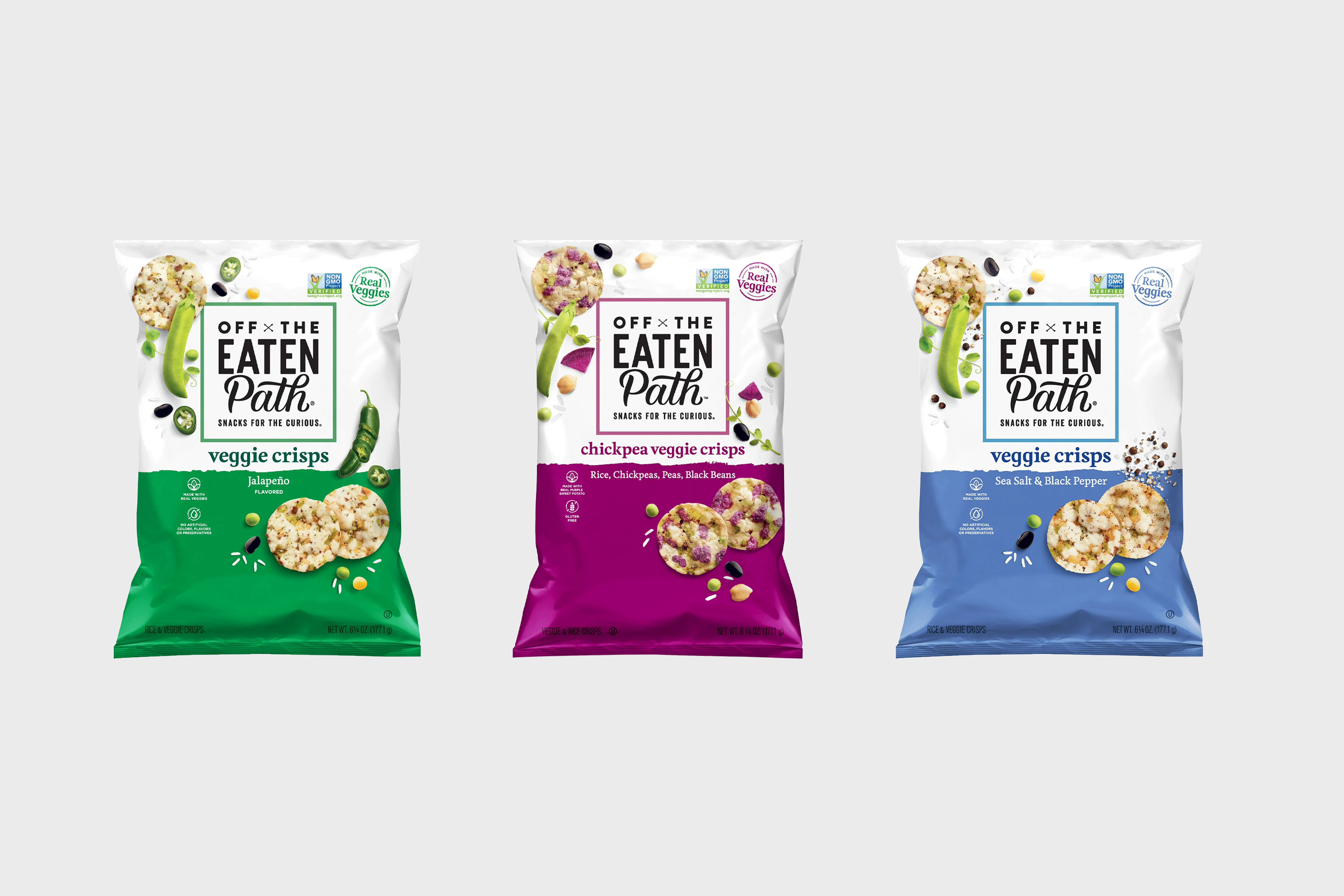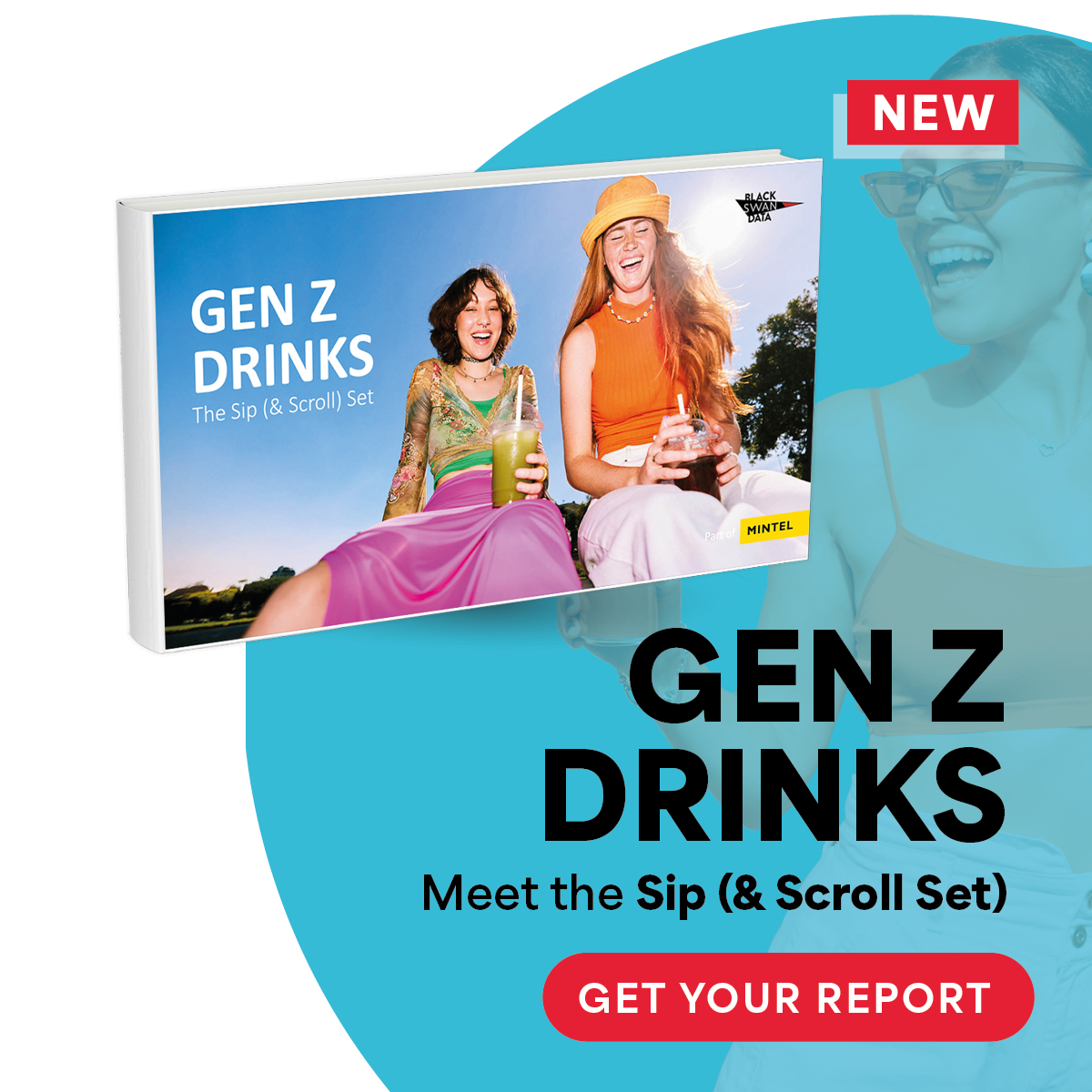A week may be a long time in politics, but a fortnight can feel like a lifetime in lockdown. Based on our fortnightly COVID-19 reports, which cover both broad societal and category specific topics, it seems that two weeks is the cycle time for change. In this, our third fortnightly webinar, the overriding observation is how consumers are changing from thinking about life after the virus, to finding ways to adapt and live through it.
Resolving the Confidence Crisis
We know that context is a key driver for behaviour, not just for consumers, but for businesses too; in the context of the world not returning to normal any time soon and the looming economic crisis, lack of confidence is a key issue.
It strikes me that one of the key differences between now and the financial crisis in 2008 is the degree of digitisation of our lives. The experience of lockdown would have been entirely different in 2008: at that time Facebook counted its users in the
millions, not the billions and only
17% of people owned a smartphone. Shrewd brands are using digital methods to drive innovation and create new opportunities out of the current situation – and at Black Swan Data, we are supporting these brands, using digital methods to listen to what consumers are saying, and to analyse what that means.
“
This is where the rubber hits the road. Many of us have worked for many years crafting our brand purposes. Now this is the time to put them into action. It’s time for brands to step up.” Cherie Leonard, Associate Director of Foresight and Sustainability Insights, Colgate Palmolive
The key challenges and questions we’re hearing from clients right now are ‘how can we be confident about capital expenditure, about which innovation projects to back and which research investment to prioritise?’ Businesses need confidence to drive the economy forward and that’s something we, as insight professionals, have the ability to deliver through robust consumer research.
Diverging Behaviours in Personal Care
Mike Grogan, Client Strategy Director at Black Swan drew on data from our most recent Personal Care
Beacon reports, where we’re seeing discussion moving on from hygiene as the main topic of interest, towards unavailable out-of-home services like spa treatments, hairdressing and dentistry. As we come to accept that these services will be unavailable for longer than first thought, we’re starting to experiment and find solutions. This offers rich opportunities for CPG brands in this space. However, we’re seeing diverging behaviours dependant on the sub-category.
- Spa treatments: a huge rise in conversations around Manicures (+642% Month on Month) and Pedicures (+717%). This is either people finding ways to do them at home, or crying out that they desperately need to go to the nail salon. Homemade face masks (the Skin Routine type) are still a top topic, but the context has moved on – conversations now focus more on the relaxing and mood enhancing benefits of such treatments.
- Hairdressing: people seem reluctant to try home hairdressing, preferring to wait it out – the results of a bad haircut being perceived as much worse than a bad manicure. Some are shaving it all off, others are letting it grow; but overall we’ve seen a decline in conversations around hair products (Two-in-One Shampoo -97%, Anti-Dandruff Shampoo -24%). With so few occasions to go out, it’s likely that people are just washing and styling their hair less often.
- Dentistry: with dentists only open for emergency treatments, people are understandably wanting to take good care of their oral health. We’ve seen conversations about practical benefits such as Soothing Mouth Sores (+200%) and Enamel Strengthening (+67%), as well as about products that combine efficacy with feel-good, natural ingredients such as Salt Toothpaste (+900%) and Tooth Oil (+300%).
Colgate Palmolive makes products that straddle functional and emotional needs, such as personal care and cleaning; we were fortunate to have Cherie Leonard, Associate Director of Foresight and Sustainability Insights join us for the webinar. Cherie told us that the crisis affords brands an opportunity to do the right thing by stepping up and living up to their purpose.
Cherie said “
Maybe it’s product donations, maybe it's monetary donations, maybe it's providing education, such as the best hand washing technique. The actions brands take now will live on and become part of brand equity.” She gave the example of
Dawn cleaning birds affected by oil spills – the brand continues to benefit from the association. She also felt that the days of brand purpose living within only the corporate social responsibility department are over – purpose has to be part of every touchpoint.
She also supported our findings about the emotional aspects of personal care, saying “
We need to be empathetic right now. The mood-boosting effects of self-care are important and shouldn't be downplayed. Taking time in the shower or for your skincare routine can actually be grounding. As a brand, we ask ourselves what role we can play to make these experiences not only functionally effective but also a bit more enjoyable.”
Cherie emphasised that it will also be important to understand that many people’s financial situation has been affected, and they may be looking for lower cost ways to achieve the same benefits as before; there is an opportunity and a responsibility for brands to help here too.
Sustainability is a key part of Cherie’s role and she echoed some of the findings from our second webinar when she said that although consumers may be currently trading off some elements of sustainability for efficacy, she believes that sustainability will come back and be a focus for the long term. She also pointed out that there are some upsides to the current situation.
“
On the positive side, people are excited to see fresher air and cleaner water due to lockdown. It’s tangible and it happened quickly. We’ve put the brakes on our lives in some ways, but we’re seeing a difference in the environment and that’s encouraging. In the short term, we may be making trade-offs, but in the longer term the momentum is there and it’s an area that people still feel passionately about.” Cherie Leonard, Colgate Palmolive
Insight leaders: Time to Step Up
From an insights perspective, it’s reassuring to hear how Cherie’s team is in high demand from different functions to help Colgate’s business leaders stay connected to consumers and make evidence-based decisions. Her team have taken a step back and evaluated which of their planned projects to continue, which to pause and which would benefit from a change of course. A positive from the situation is how it has helped her to break down silos and work more closely with teams worldwide to bring together data from multiple sources, create hypotheses and learn from each other. It has also presented an opportunity to accelerate the use of new digital tools.
“
We have accelerated using some of the emerging tools, such as passive behavioural tools, social listening, AI, predictive analytics, and we are bringing these together with our own primary research, consumption data, panels, as well as just talking to people.” Cherie Leonard, Colgate Palmolive
From our perspective at Black Swan, we use passive, bottom-up methods to conduct research without asking questions, and deploy big data techniques to understand behaviour over a longitudinal timeframe. We are here to step up too and provide the answers and the support that brands require to act with confidence and make the investments decisions needed to help power the economy going forward.
If you have questions such as:
- how is behaviour changing in my category?
- how can my brand provide both functional and emotional benefits to consumers?
- can my brand continue on our existing innovation pathway?
- how have timescales for innovation changed?
- which pre-COVID trends have declined and which will re-emerge?
- how can we invest with confidence?
or any suggestions for topics you’d like us to cover in the future,
please get in touch.
Note: All data points in this blog are Month on Month up to 26th April 2020 from the US market.

